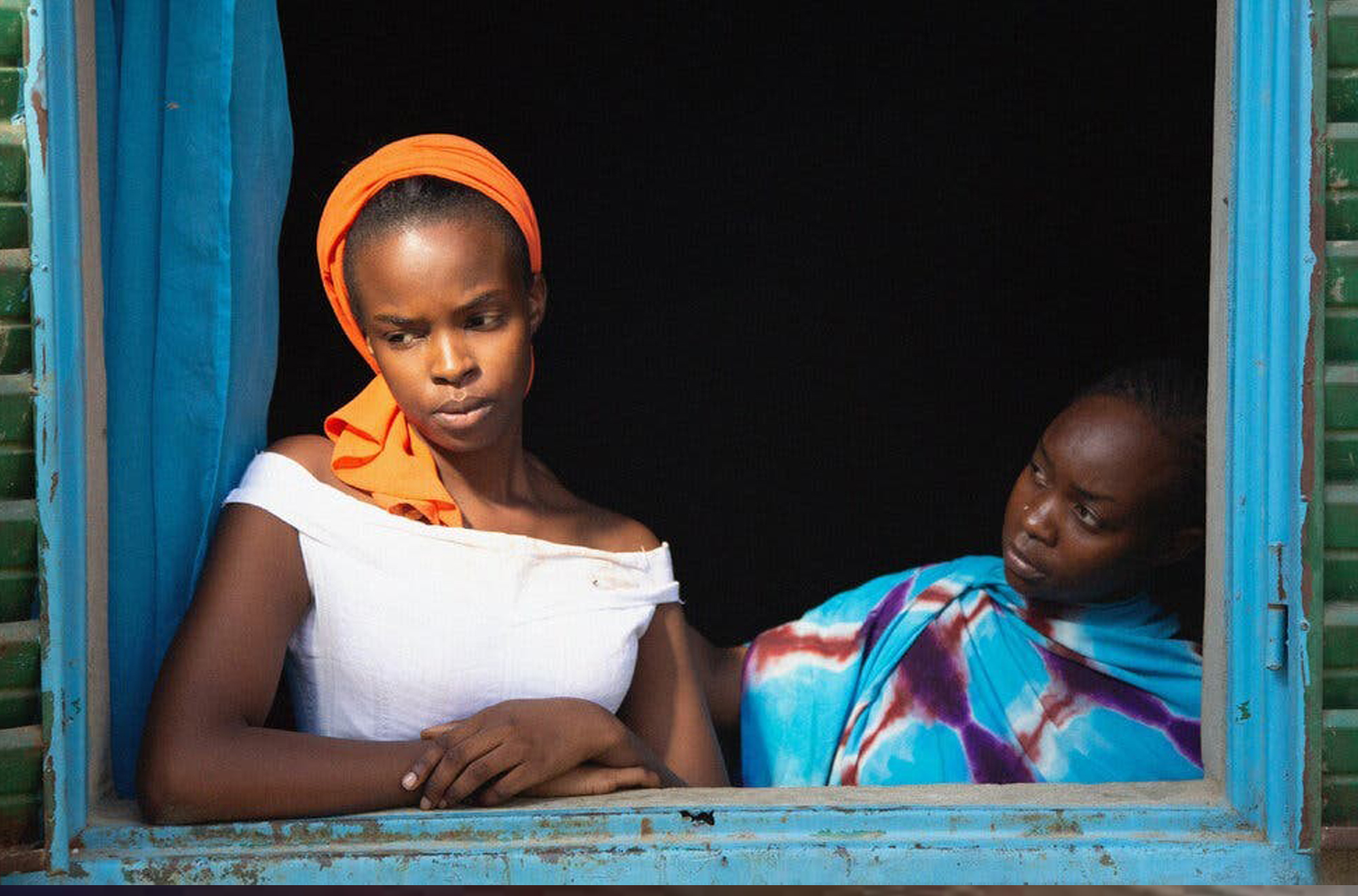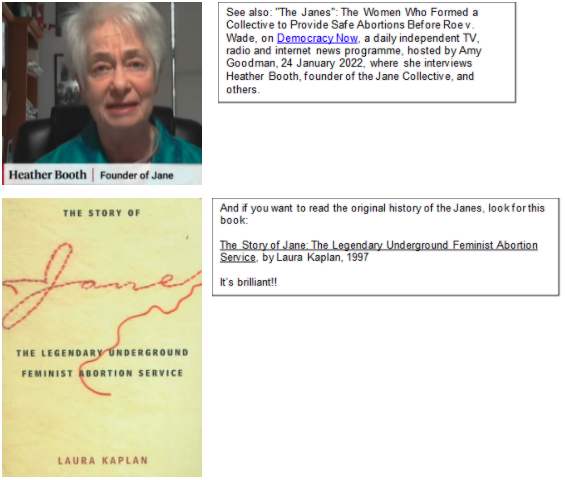
Directed by Mahamat-Saleh Haroun ; In French and Chadian Arabic ; Watch the Trailer
Fifteen-year-old Maria (Rihane Khalil Alio) is pregnant and in desperate need of an abortion. The procedure is taboo in Chad. It’s up to her single mother, Amina (Achouackh Abakar Souleymane), to find a solution, aided by other women.
Amina is a beacon of hope in brightly coloured robes. Her love for her daughter is fierce, and her grit and determination are apparent from the opening scene, in which she breaks down tyres for the scrap metal inside to make coal stoves to sell.
Freedom doesn’t come easily in this electric liberation story about a mother and daughter. It is fought for – and seized – by women who, in saving themselves, save and support one another. For the daughter, autonomy means securing an abortion in a country that forbids it. For the mother, an observant Muslim, self-sovereignty is a revolutionary act, one that necessitates a shift in thinking and in being. It means saying no, dancing, sneaking smokes and fighting when need be. It means finding new ways to be a woman in a male dominated world.
Maria has been expelled from school because she’s pregnant. (“It’s bad for our image,” a school official coolly explains.) Maria won’t name the father, and we don’t learn who he is until the end of the film. But while the story is organized around Amina’s heroic efforts to secure a safe abortion for Maria, each step expands the movie’s narrative and political horizons. This is a story about a few women and the bonds that connect them, even when frayed, and that help form a sisterhood that includes Amina’s long-estranged sister and a supportive midwife. But especially the bonds between mother and daughter. The film shows you women in motion and in revolt, fleeing and escaping and at times running sly circles around the men in their lives. And, if you watch the final credits, you will hear the sounds of women’s laughter, too — a divine and triumphant coda.
SOURCE + PHOTO: Manohla Dargis, New York Times, 3 February 2022
+++
Three more new films about women having and providing illegal abortions
– Happening, which takes place in 1963 in southwest France
This film is based on the semi-autobiographical novel, Happening, by the author Annie Ernaux. It follows a young woman called Anne as she seeks an illegal abortion. The film debuted last year at the Venice Film Festival and won the Golden Lion, and was screened at this year’s Sundance Film Festival as one of three films about terminating an unwanted pregnancy.
– Call Jane, a dramatisation of the history and The Janes, a documentary, that tell the story of the Jane Collective, a network of women in Chicago, IL, USA who carried out 11,000 illegal abortions in an apartment from the time they first got together in1965, until 1973, when they were arrested. Luckily, US law changed with Roe v. Wade just in time for them not to have to go to prison.
Happening and these other films are reviewed by Shirley Li, The Atlantic, February 2022.

Inside Texas’s Underground Abortion Pill Network
Returning to the present, this is a video which had had 97,581 views as of 9 February 2022, made by Vice News,. After Texas passed two of the USA’s most restrictive abortion bills, activists formed an underground network to distribute misoprostol for self-managed abortions and support their use on both sides of the US–Mexican border. A number of the activists involved are interviewed.



